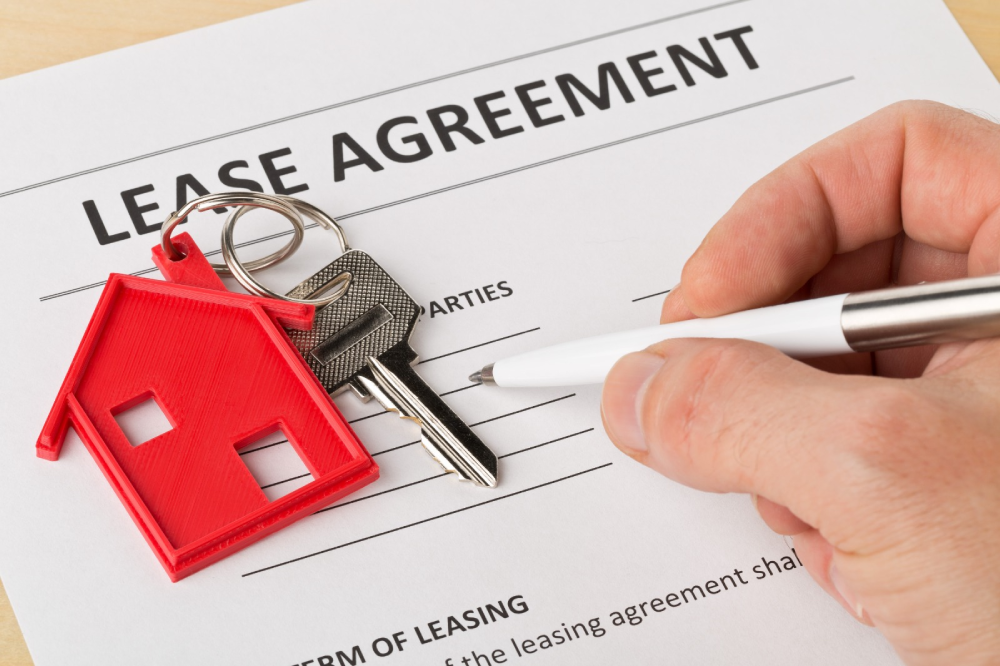License No.:CN-1100434 | Brokerage No.:202100982107
Legal Know-How: Navigating Landlord-Tenant Laws and Regulations
Table of Contents
Our Expert Will Help You
Feel Free To Contact Us at Any Time ,We Are Online
24/7
WhatsappContact Us
Being a successful landlord goes beyond property management skills; it requires a deep understanding of landlord-tenant laws and regulations. Navigating the legal landscape is essential for maintaining a harmonious relationship with your tenants while safeguarding your property and rights.
Legal Know-How: Navigating Landlord-Tenant Laws and Regulations
Know Your Jurisdiction's Laws
Different regions and countries have distinct landlord-tenant laws. It's imperative to research and comprehend the laws applicable to your area. Understand aspects such as rent control, security deposit limits, eviction procedures, and tenant rights specific to your jurisdiction.
Create Comprehensive Lease Agreements

Your lease agreement is the foundation of your relationship with tenants. Craft a comprehensive document that covers rent amount, due date, security deposit terms, maintenance responsibilities, and rules for tenant conduct. Ensure that the lease complies with local laws and regulations.
Security Deposits: Handling and Return
Most jurisdictions have regulations governing how security deposits should be handled and returned. Familiarize yourself with the rules about collecting, holding, and refunding security deposits at the end of the lease term. Be transparent with tenants about this process.
Fair Housing Laws and Anti-Discrimination
Fair housing laws prohibit discrimination based on factors like race, religion, gender, disability, and familial status. Understand these laws to ensure that your tenant selection process is fair and unbiased. Develop screening criteria that adhere to these regulations.
Repairs and Maintenance Obligations
Landlords have a legal obligation to provide habitable living conditions. Regular maintenance and timely repairs are crucial. Understand when you are responsible for repairs and when tenants are expected to notify you about issues.
Rent Increases and Rent Control
Rent control laws restrict how much and how often landlords can increase rent. Familiarize yourself with these laws to ensure that you're following the regulations when adjusting rent amounts. Communicate with tenants about rent increases within legal parameters.
Eviction Procedures
Eviction is a sensitive and legally complex process. Understand the legal grounds for eviction, such as non-payment of rent or lease violations. Follow due process and adhere to the proper procedures outlined in your jurisdiction's laws.
Tenant Privacy and Entry
Tenants have the right to privacy in their rented homes. Understand the laws surrounding entry to the property for repairs, inspections, or showings. Provide proper notice and respect your tenant's privacy rights.
Document Everything
Maintain thorough records of all interactions with tenants. This includes communication, maintenance requests, inspections, and notices served. These records can serve as evidence in case of disputes or legal issues.
Seek Legal Counsel When Needed

If you're uncertain about specific legal matters or face complex situations, don't hesitate to seek legal counsel. Consulting with an attorney specializing in real estate law can provide you with the guidance you need.
Navigating landlord-tenant laws and regulations is a fundamental aspect of successful property management. By understanding and adhering to these laws, you not only protect yourself legally but also cultivate a positive reputation as a responsible and ethical landlord. Prioritize ongoing education to stay up-to-date with changes in laws that could impact your role as a landlord in the dynamic world of real estate.
Social Media
You need a licensed broker
Luxury living on a museum view
Two days of special inventories